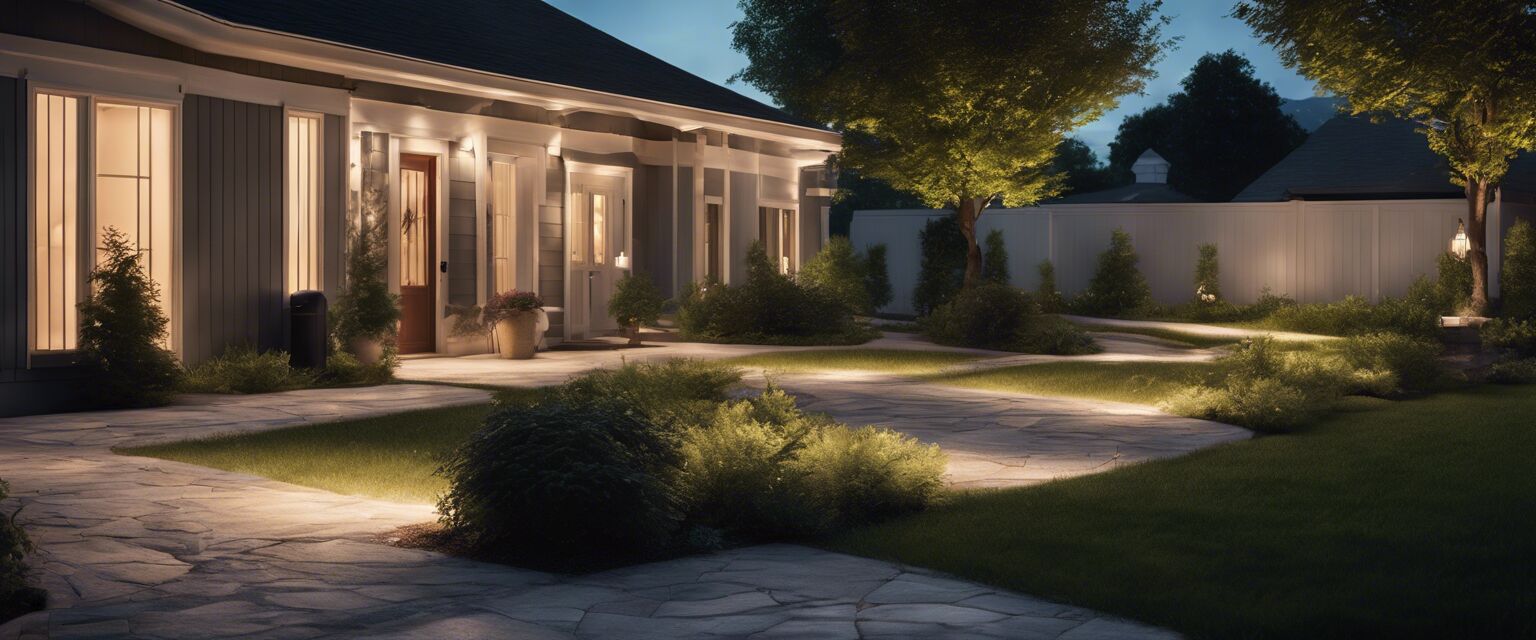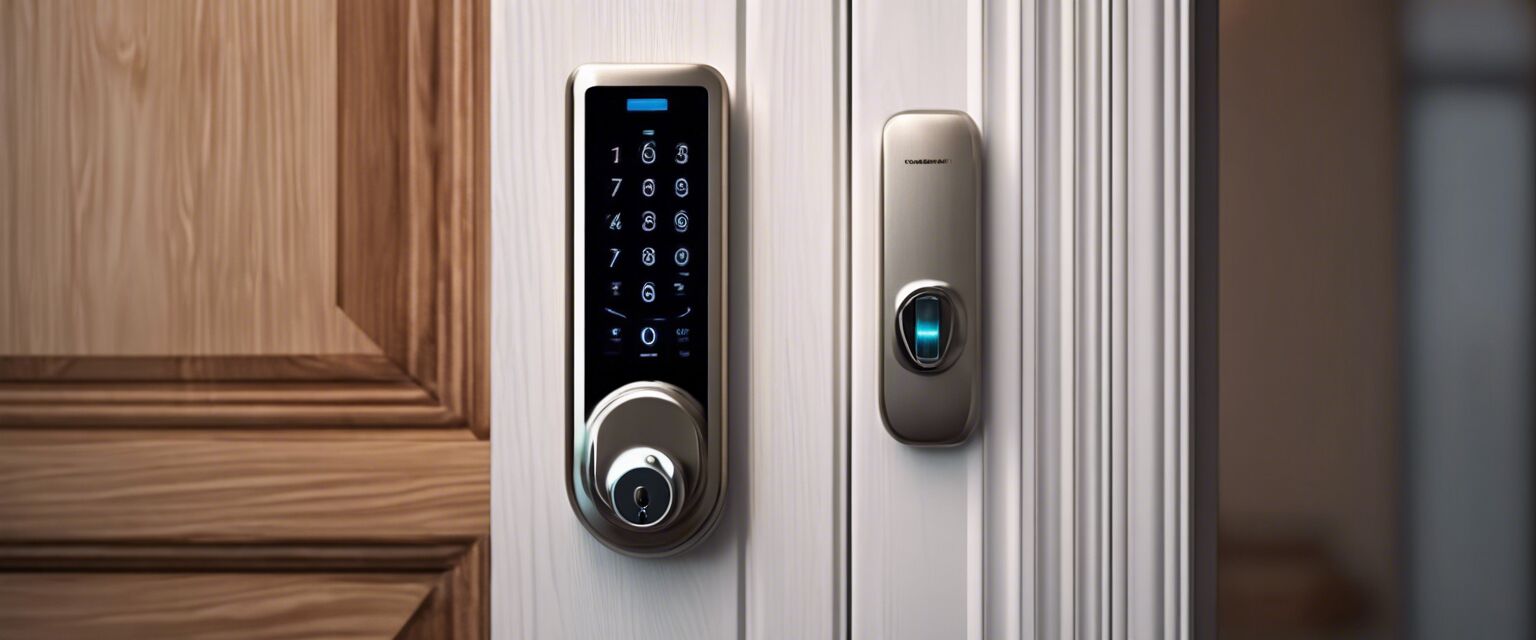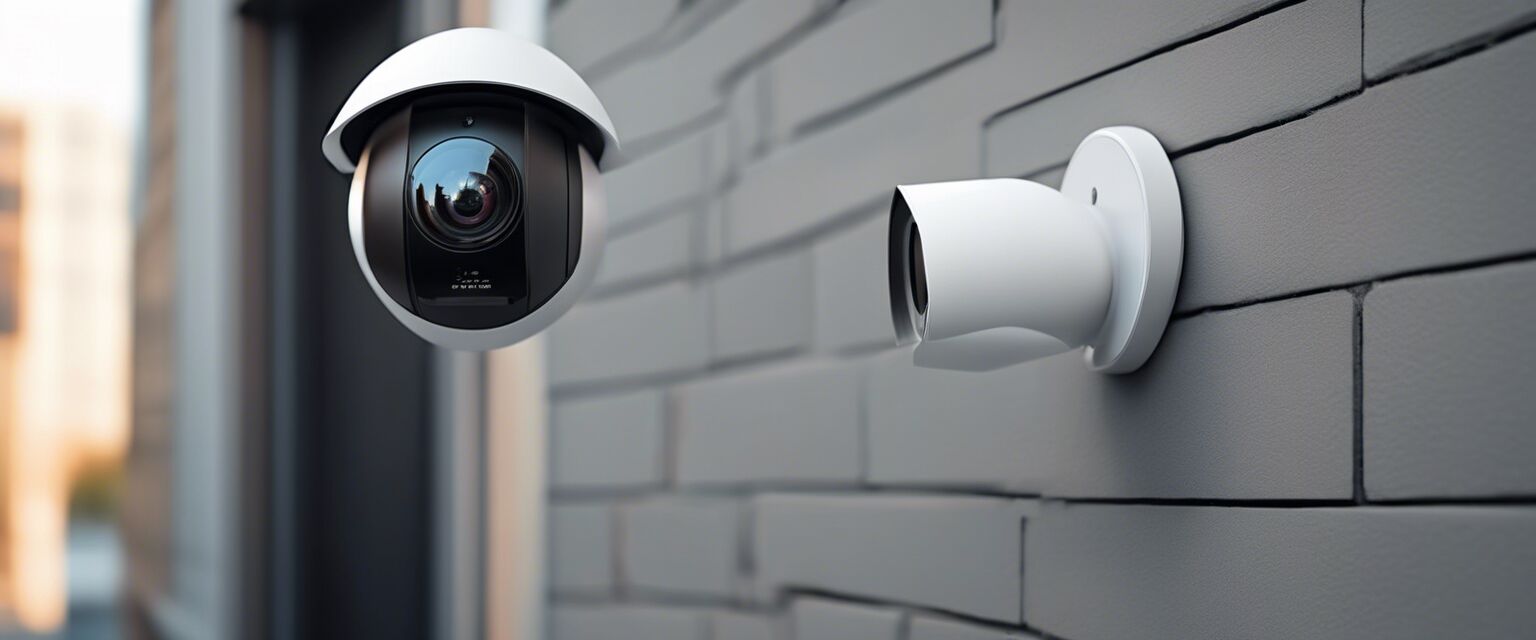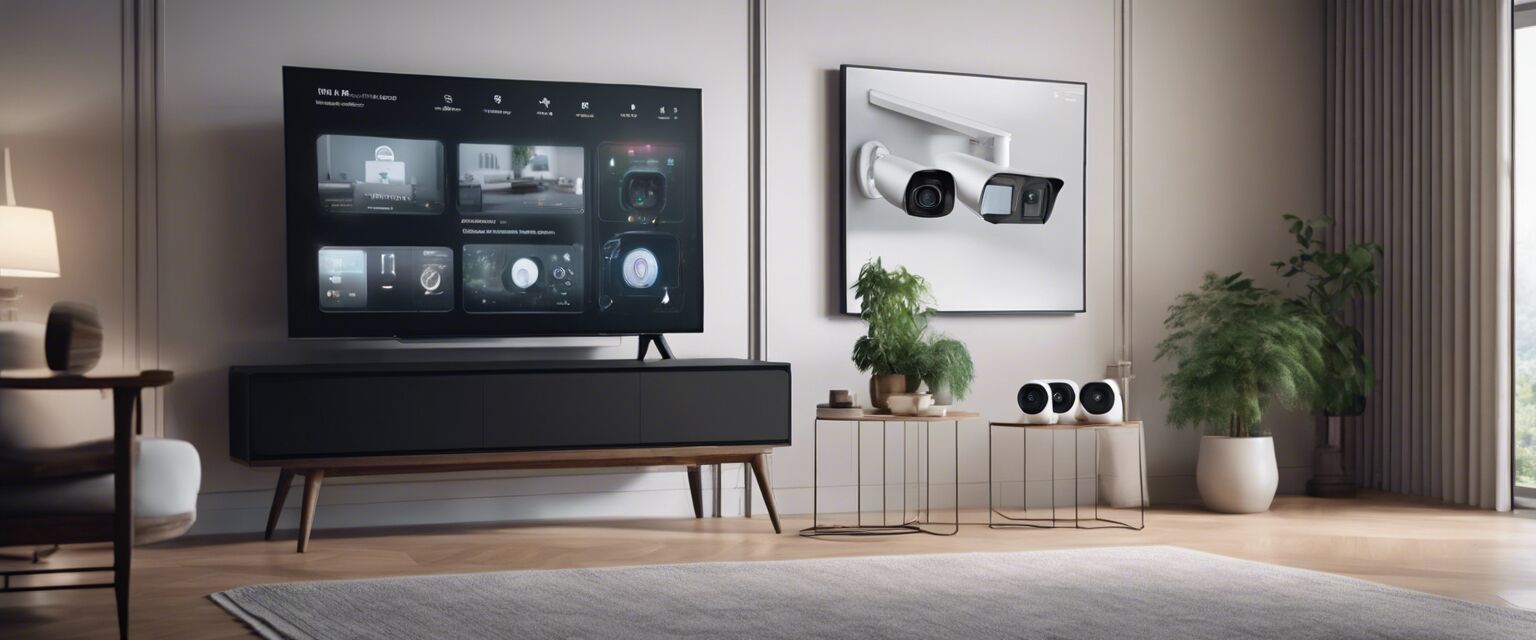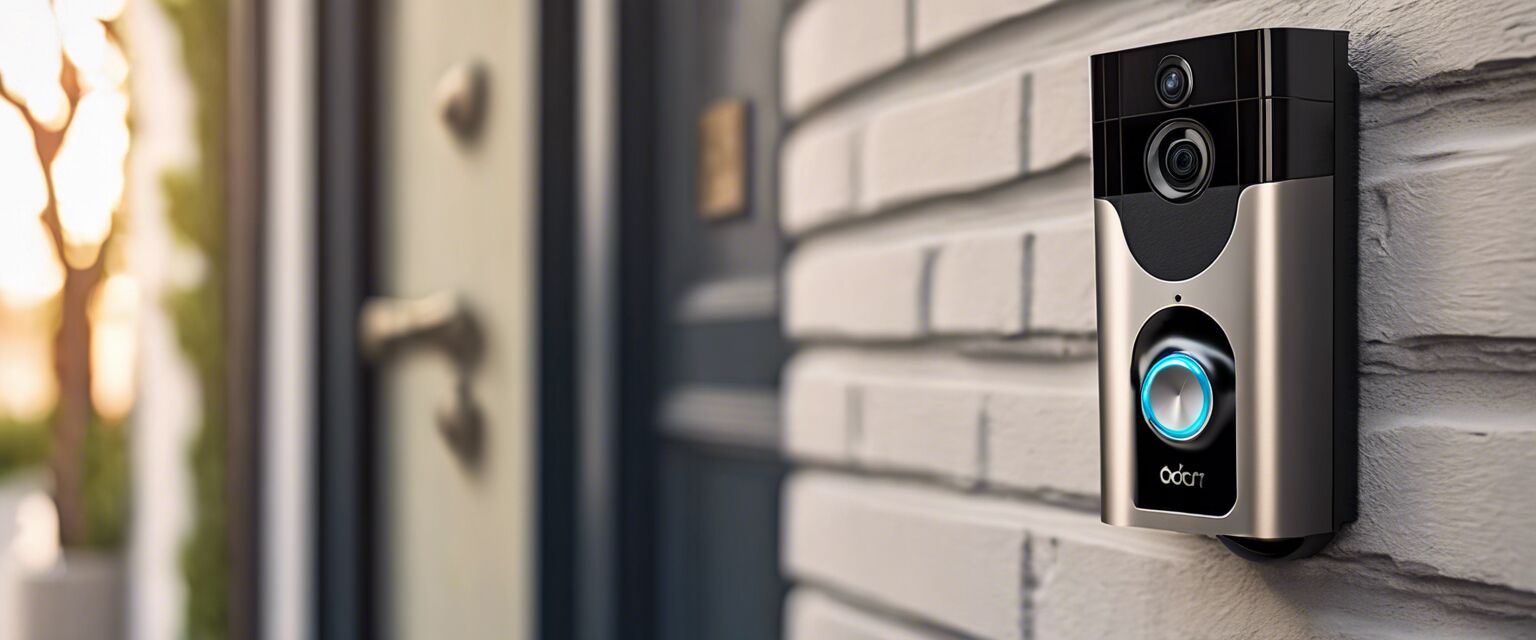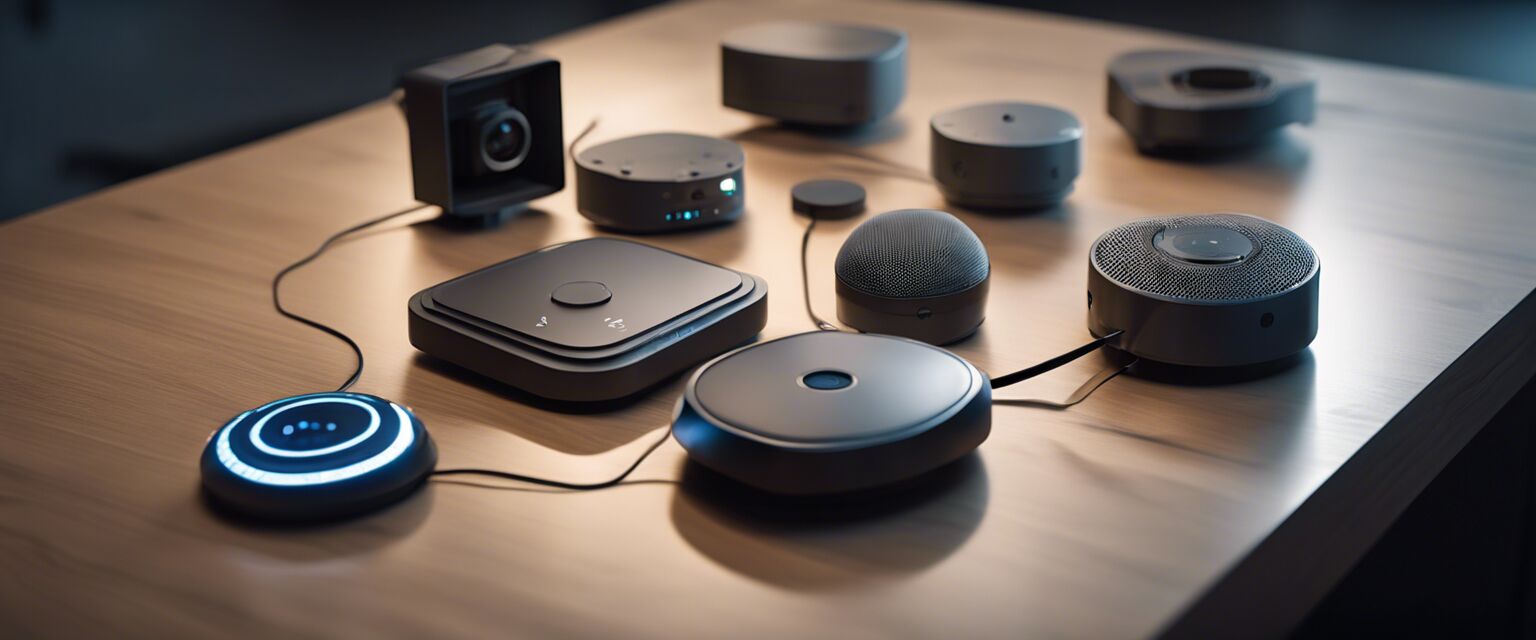
Smart Home Security
Security lighting systems
Key Takeaways
- Security lighting systems enhance home safety and deter intruders.
- Various types include motion sensor lights, smart bulbs, and floodlights.
- Proper installation and placement are critical for effectiveness.
- Smart lighting can be integrated into home automation systems for remote control.
In today's world, security is paramount. With rising concerns about home safety, smart security lighting systems provide an effective way to enhance safety and deter intruders. This article will explore various types of security lighting, their benefits, and how to effectively set them up in your home.
Types of security lighting systems
Understanding the different types of security lighting systems available is essential for choosing the right fit for your home. Below are some of the most common types:
| Type | Description | Best Use |
|---|---|---|
| Motion Sensor Lights | Automatically turn on when motion is detected. | Driveways, walkways, and backyards. |
| Smart Bulbs | Remotely controlled LED bulbs with customizable settings. | Interior spaces and outdoor fixtures. |
| Floodlights | Powerful lights that cover a broad area. | Backyards and garden areas. |
| Path Lights | Low lights that illuminate pathways. | Garden paths and entryways. |
| Wall Lights | Mounted lights that provide focused illumination. | Entryways and garages. |
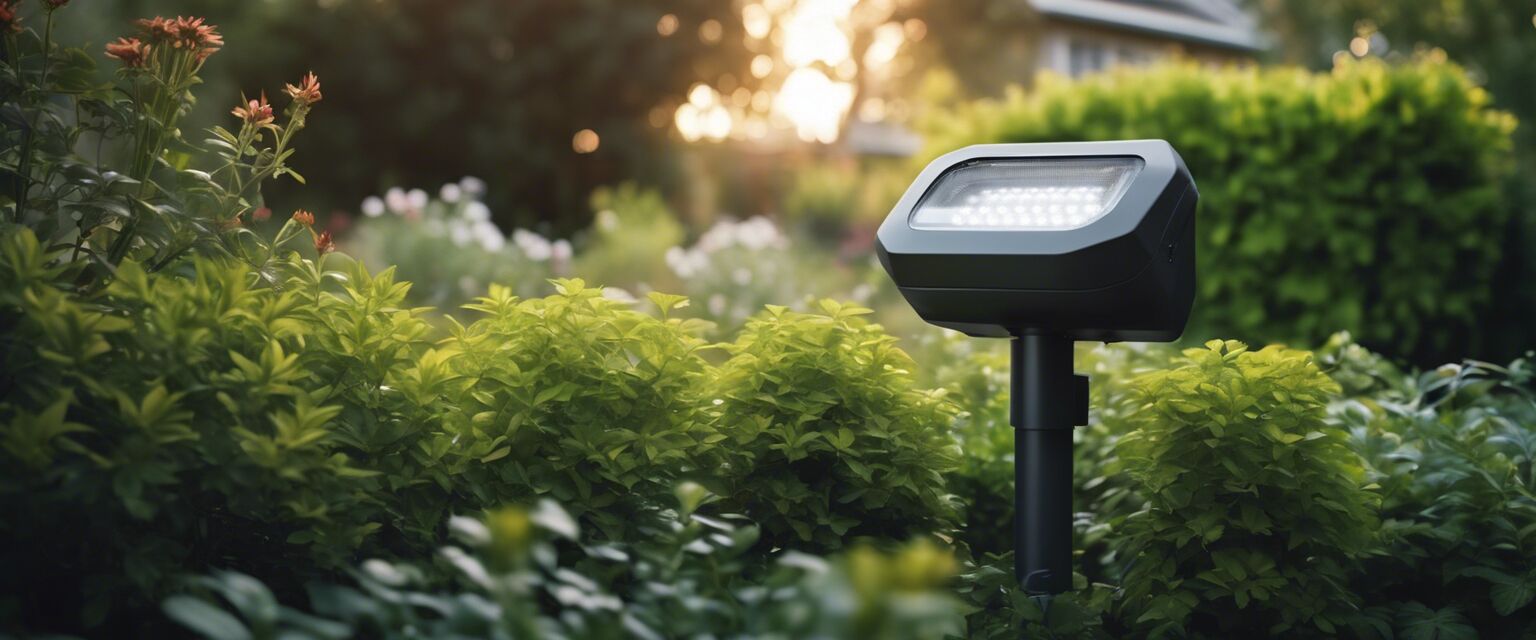
Benefits of security lighting systems
There are numerous benefits to installing smart security lighting systems in your home. Below are some of the key advantages:
- Increased Visibility: Security lighting illuminates dark areas, making it easier to navigate safely.
- Deterrence: Well-lit areas can deter potential intruders from approaching your home.
- Remote Control: Smart lighting systems can be controlled from anywhere, providing peace of mind.
- Energy Efficiency: Many security lighting options are energy-efficient LED lights, lowering electricity bills.
Setting up your security lighting system
Setting up a security lighting system involves careful planning and execution. Hereâs a step-by-step guide:
- Assess Your Property: Identify areas that need illumination, such as entry points, walkways, and dark corners.
- Choose the Right Type: Select the type of security lighting that best meets your needs from the types discussed above.
- Install Properly: Follow manufacturer instructions for installation, ensuring that lights are mounted securely and at appropriate heights.
- Adjust Settings: For smart lights, customize settings to suit your preferences, such as adjusting brightness and setting schedules.
- Regular Maintenance: Regularly check and maintain light fixtures, replacing bulbs and ensuring that sensors are functioning correctly.
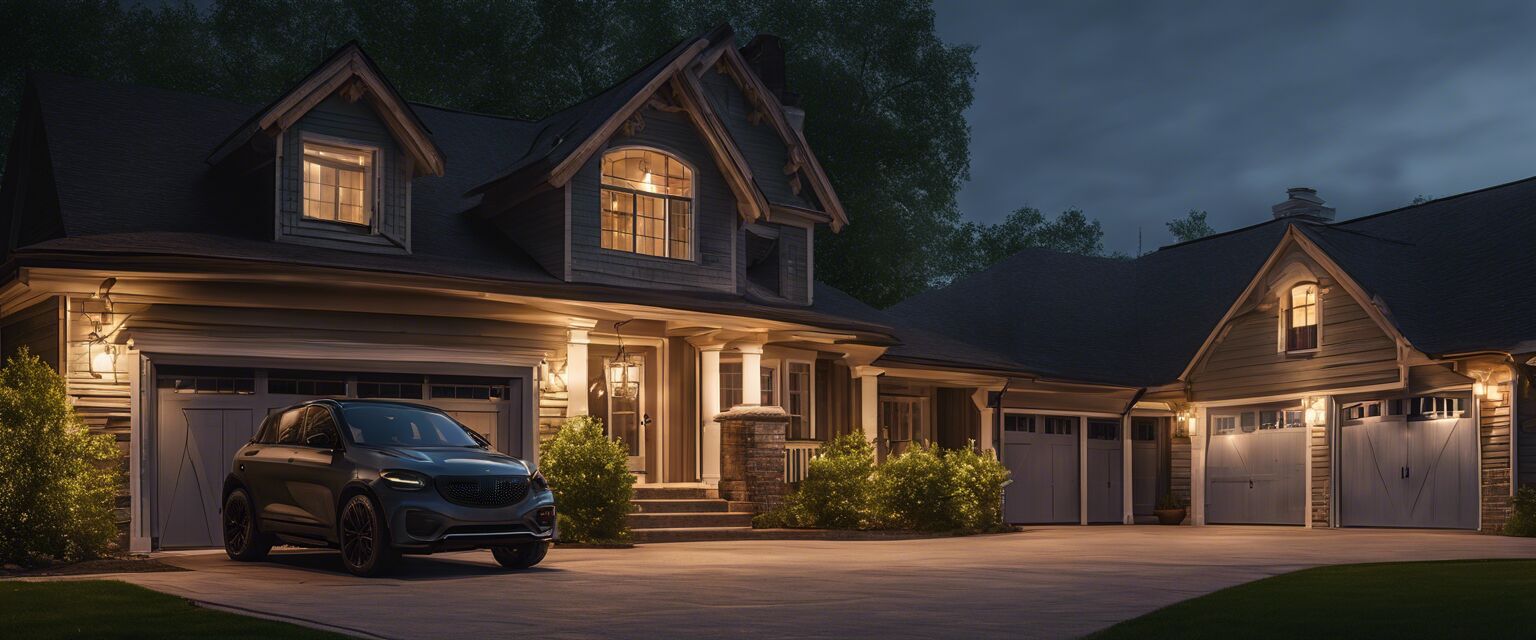
Integrating with home automation systems
For enhanced security and convenience, consider integrating your security lighting with a home automation system. This allows you to control all systems from a single app on your smartphone, making security management easier. You can create routines such as turning on lights automatically at sunset or setting lights to simulate occupancy when away from home.
For more information on home automation systems, check out our guide here.
Choosing the right lighting for your needs
When it comes to selecting the right security lighting for your home, consider the following:
- Wattage and Lumens: Higher lumens indicate brighter lights. Consider the required brightness for specific areas.
- Weather Resistance: Ensure that outdoor lights are rated for weather exposure.
- Mobility: If using portable lights, check battery life and charging options.
- Brand Reputation: Trustworthy brands often provide better warranties and customer support.
Pros and Cons of security lighting systems
Pros
- Improves safety and security.
- Deters crime effectively.
- Enhances the aesthetic appeal of your home.
- Offers convenience and smart features.
Cons
- Can be costly to install initially.
- Requires maintenance and occasional bulb replacements.
- May cause light pollution if not properly placed.
- Technological glitches can affect smart lighting systems.
Conclusion
Security lighting systems are an essential component of modern home security, providing both safety and convenience. With numerous options available, choosing the right system for your home can significantly enhance your property's security. By understanding the types available, their benefits, and the effective setup process, you can take proactive measures to protect your home.
For additional insights into various security methods, check out our page on alarm systems or our guide about surveillance cameras.
